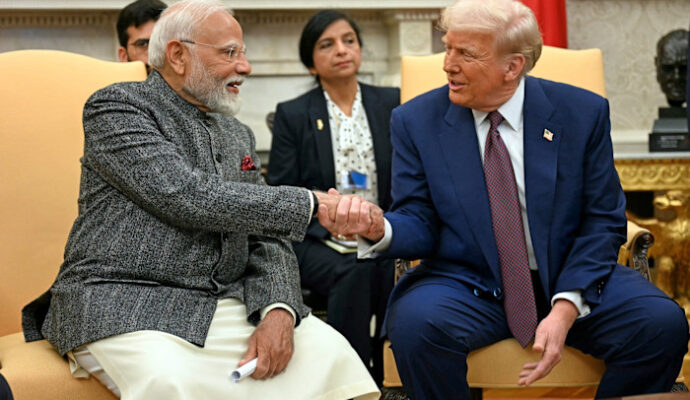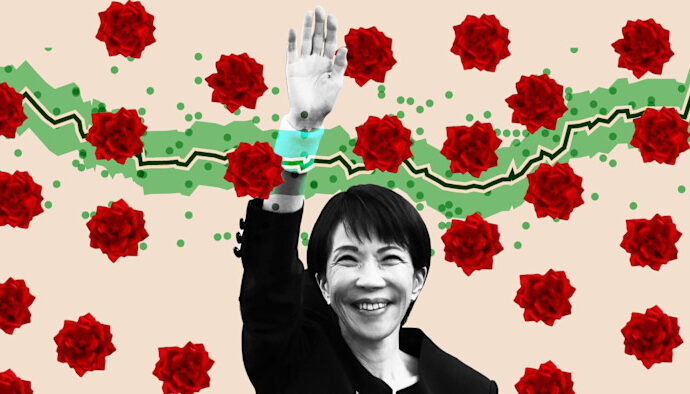Unlock the Editor’s Digest for free
Roula Khalaf, Editor of the FT, selects her favourite stories in this weekly newsletter.
Apple’s rollout of artificial intelligence services in China with Alibaba is being held up by a Beijing regulator, as the tech partnership becomes the latest casualty of Donald Trump’s trade war.
The tech giants have been working together to launch Apple Intelligence, the iPhone-maker’s suite of AI services, for Chinese users. The system would be supported by Alibaba’s latest models.
Multiple AI products co-developed by the tech companies have been submitted this year to China’s internet authority for approval.
But their applications are stalled at the Cyberspace Administration of China (CAC), two people familiar with the matter said, citing increasing geopolitical uncertainties between China and the US.
Apple has suffered in particular from growing tensions between Washington and Beijing, despite chief executive Tim Cook’s efforts to win favour with the White House ahead of Trump’s second term.
The US president has pressured Apple, whose growth into one of the world’s most valuable companies has been propelled by its manufacturing operation in China, to bring production back to the US.
Last month, Trump threatened Apple and Samsung with 25 per cent tariffs on their devices unless the companies reshored their manufacturing.
Apple’s stock price has also been hit this year over its slow global rollout of AI features, which the company has touted as a key selling point for its latest iPhone models, as well as regulatory and legal action that threatens its high-margin services business.
Delays to the release of Apple Intelligence in China are also handicapping the US company as it faces increasing competition from Chinese rivals led by Huawei, Xiaomi, Oppo and Vivo.
The delay to Apple and Alibaba’s partnership comes as the US and China, the world’s two biggest economies, are engaged in negotiations to reduce tit-for-tat tariffs that had soared as high as 145 per cent.
The CAC approval process, which typically involves official testing of AI models, is required for all companies seeking to offer generative AI services to the public in China. CAC has approved more than 300 domestic AI models for use so far.
Despite Apple partnering with Alibaba in a bid to win CAC approval, the high-profile relationship has still attracted regulatory scrutiny as trade tensions with the US have escalated.
Beijing has also been seeking leverage in trade talks by reviving investigations into US tech giants such as Nvidia and Google.
One person with knowledge of the Apple-Alibaba partnership said it now took longer for Beijing to review any US-related deals or partnerships, especially in critical areas such as AI.
Final approval needs to be cleared by the higher body of the State Council, which is also engaged in US-China trade negotiations.
But the person added that all such delays were subject to change and applications could be vetted quickly once the State Council gave its approval.
The US commerce department’s Bureau of Industry and Security has also expressed concerns about the partnership to Apple and Alibaba, according to another person familiar with the discussions, although it does not have a legal means to block it.
Alibaba chair Joe Tsai said in February that the company would provide technology for Apple’s AI-capable iPhone models sold in China, confirming reports of a partnership that had fuelled a rally in the Chinese group’s shares.
Meanwhile, Apple’s market share has been falling in China. At the start of 2023, Apple had a 70 per cent share of China’s high-end smartphone market, while Huawei was at 13 per cent, according to the International Data Corporation. By the first quarter of this year, Apple’s share had slipped to 47 per cent, while Huawei stood at 35 per cent.
Apple declined to comment. Alibaba, CAC and the Chinese State Council did not respond to requests for comment.


